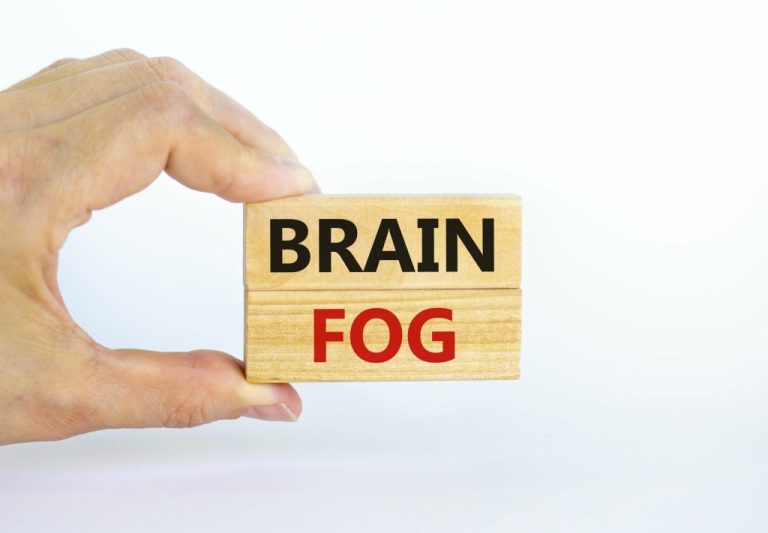At Hazelden Betty Ford, your length of stay in inpatient alcohol or drug rehab will be based on specific clinical milestones. Our clinical team will work with you and your family as well as your insurance provider to come up with the best care plan and timetable for you. Another factor to consider in choosing between an inpatient and outpatient rehab center is whether you have a healthy and supportive home environment where your recovery will be a priority. Otherwise, a residential treatment program can provide you with that essential sense of community and mutual support. American Addiction Centers (AAC) is a leading provider of addiction treatment programs and has trusted rehab facilities across the country. If you (or someone you care about) are struggling and you think you may benefit from a long-term program, AAC is here to help.
How does detox work as part of inpatient rehab?
In many cases, it can also be important to provide counseling to the individual and loved ones together. This can help everyone involved learn how to build new patterns that support recovery rather than returning to old behaviors that could lead to relapse. Within TCs, addiction is viewed in the context of an individual’s social and psychological deficits.

What Are Long-Term Rehab Programs?
Regaining your health means learning to manage your symptoms, first within the structure of an inpatient rehab program and eventually in your home environment where you are in charge of maintaining your recovery. At Hazelden Betty Ford, inpatient treatment for substance abuse begins with learning about your specific situation. Our treatment team will evaluate your medical health, mental health and substance use history in order to design an individualized drug or alcohol rehab plan for you. With your permission, our rehab staff may also talk with your http://fastleads.ru/c8-p25.html family members and consult with professionals you might already be working with to help address any related challenges you may be facing.
Paying for Long-Term Treatment With Insurance
- Friendship House is an 80-bed treatment facility that offers residential care for up to six months.
- Progress and setbacks are natural parts of life, and this applies to long-term recovery.
- Your detox process will begin with evaluations by our medical doctors and nurses to determine which, if any, medical interventions are needed.
Each person’s timeline for recovery varies based on their unique needs, substance use history, and life circumstances. However, recovery can be thought of in 4 primary phases that include withdrawal, early, middle, and late phases of recovery. What’s more, many individuals who cycle in and out of recovery have various health problems, such as chronic pain or mental illness, that can affect recovery progress. If you enroll in a long-term inpatient program, you can expect to live on-site at a treatment facility for three or more months.
Qualifying Substances Treated at Long-Term Rehab

Depending on the substances abused and the severity of the withdrawal symptoms, the detoxification process may include medication-assisted treatment, where a physician prescribes medications to help ease the withdrawal process. In addition to over-the-counter drugs such as Tylenol and Aspirin, medications are available to help treat withdrawal symptoms from alcohol, benzodiazepines, nicotine, opioids, barbiturates, and other sedatives. As the treatment portion of a person’s recovery ends, it’s important to have an aftercare http://gamelegend.ru/soundtrack/554-saundtreki-k-igre-max-payne-3-2012-mp3.html plan to help maintain recovery and sobriety and prevent relapse. The treatment facility and its team of professionals will help a person develop an aftercare plan, which may include additional programs and services to continue after inpatient treatment. This may include attending support groups, continuing therapy and other resources to support the individual.

Addiction Recovery: Overcoming Your Alcohol or Drug Problem
Additionally, it may be difficult to find space in such a program when a person admits to being ready for help. This is why it is important to thoroughly research and have extended knowledge about long-term treatment facilities, what they offer patients and when they can offer it. Though three to six months is typical for long-term inpatient rehab, some facilities may offer longer programs as well. According to theNational Institute on Drug Abuse(NIDA), such programs can last up to one year. Like many other chronic conditions, treatment is available for substance use disorders.
- Other effects of long-term meth use include an increased risk of stroke and hypertension.
- The best way to find out what your coverage would be for treatment is to contact your insurance provider, or to reach out to the treatment center you plan to attend.
- In fact, a recent study found that substance use disorders tend to be chronic rather than acute, and it takes an average of 17 years for a person to achieve a state of remission.
What is Long-term Drug Rehab?
Self-help support groups, such as Narcotics Anonymous, help people who are addicted to drugs. For certain drug types, some symptoms are less prominent, and in some cases, not all symptoms apply. Recognizing the transformative power of creative arts in advancing recovery, in May 2024, the Office of Recovery launched the Art of Recovery, inviting visual art submissions from individuals with lived experience and their families. The digital gallery features over 280 selected artworks in celebration of National Recovery Month. Screen4Success provides an easy way for http://www.alrage.ru/player_info.php?nick=Gimlis parents and caregivers to identify areas where their children may benefit from additional support.

Medical Detoxification from Drugs and Alcohol
Exactly which services provided in residential or inpatient treatment will depend on the particular facility and the patient’s individual needs. Additionally, medications are used to help people detoxify from drugs, although detoxification is not the same as treatment and is not sufficient to help a person recover. Detoxification alone without subsequent treatment generally leads to resumption of drug use.
